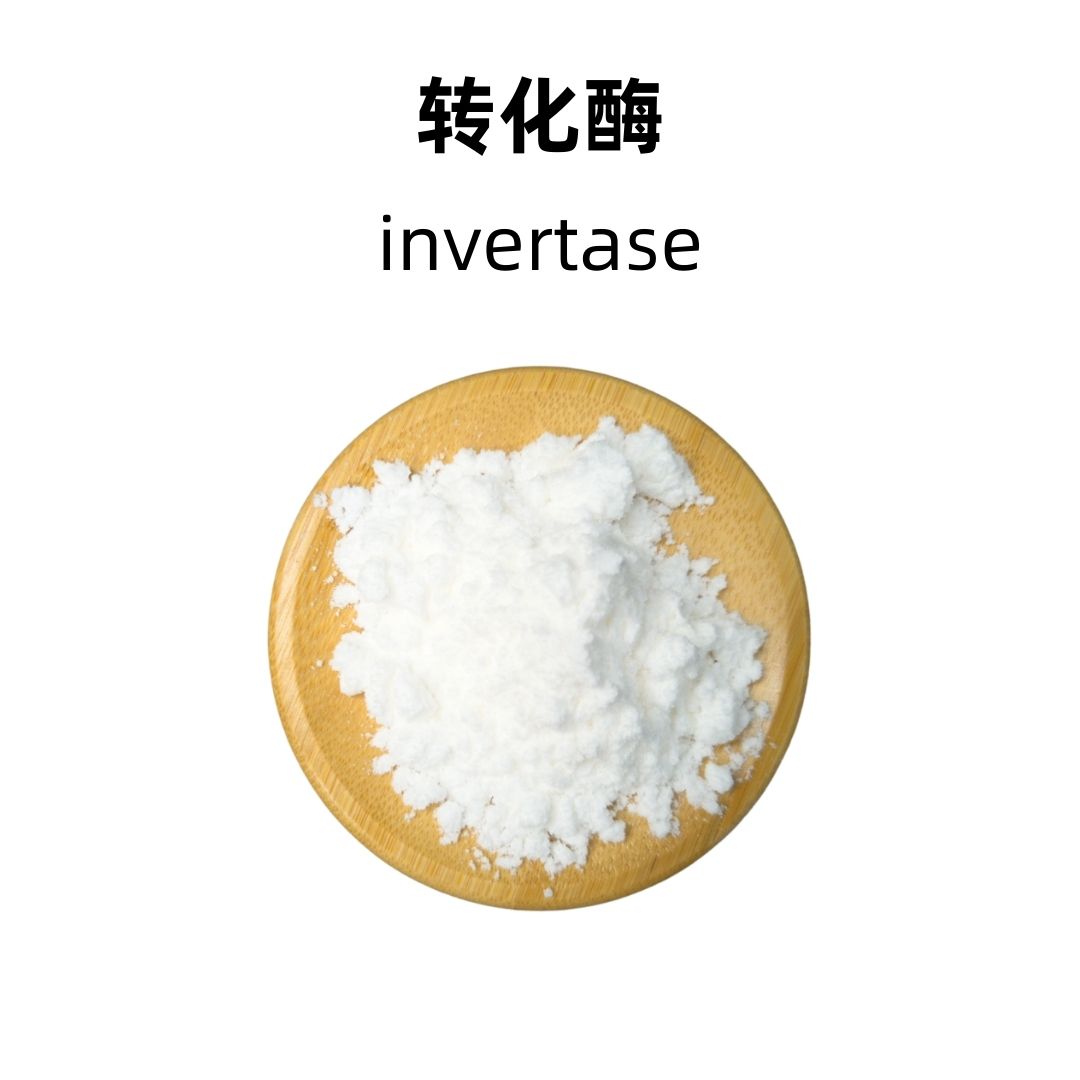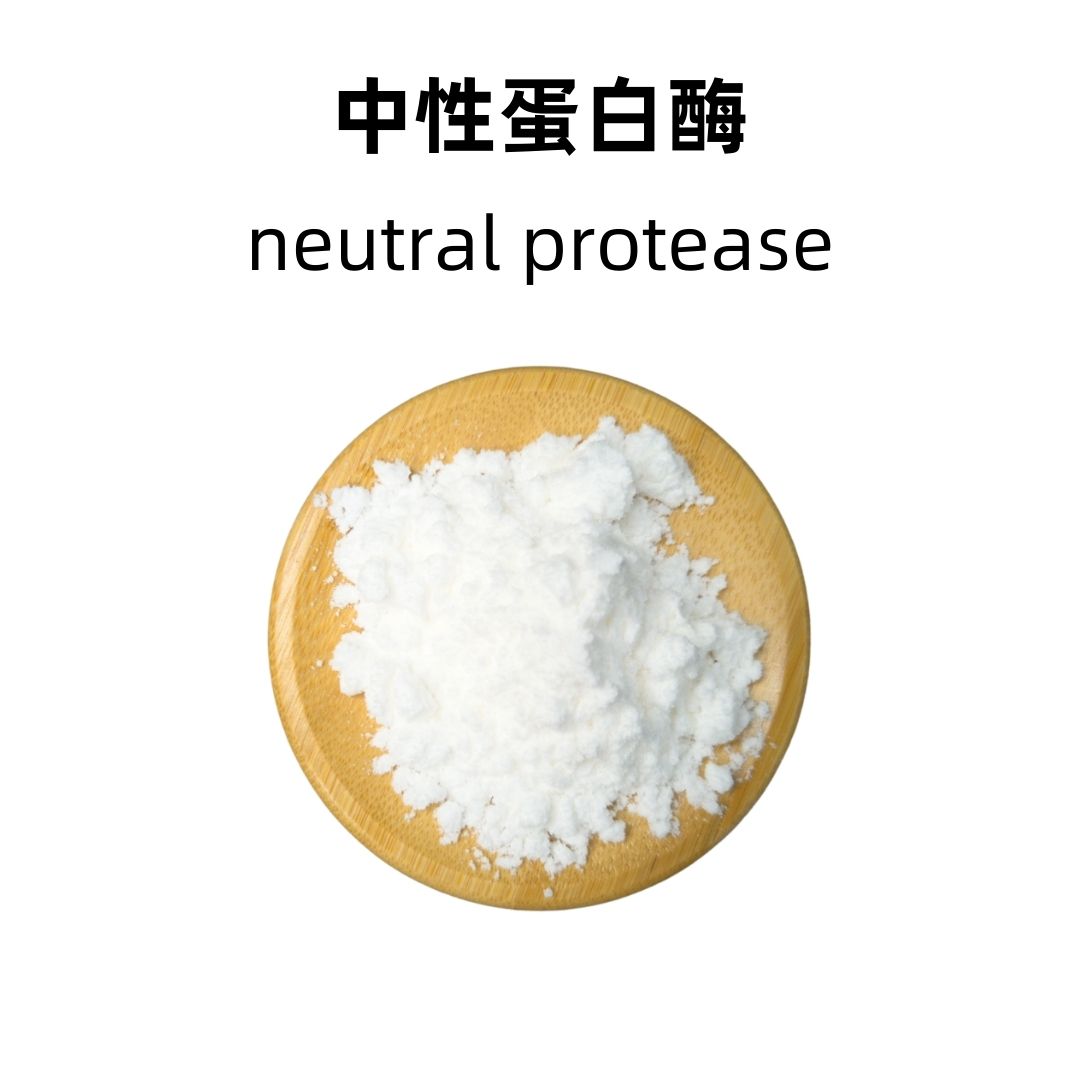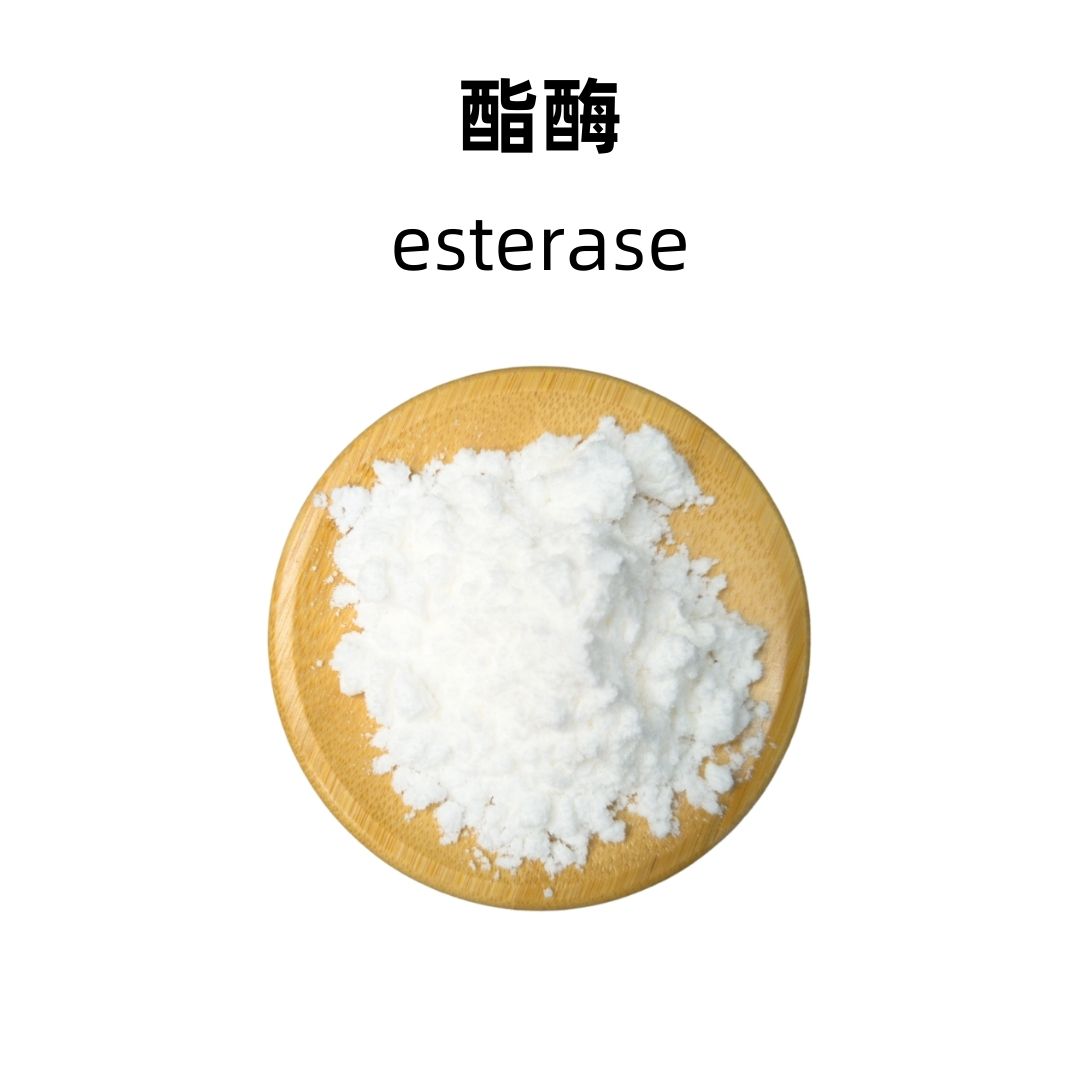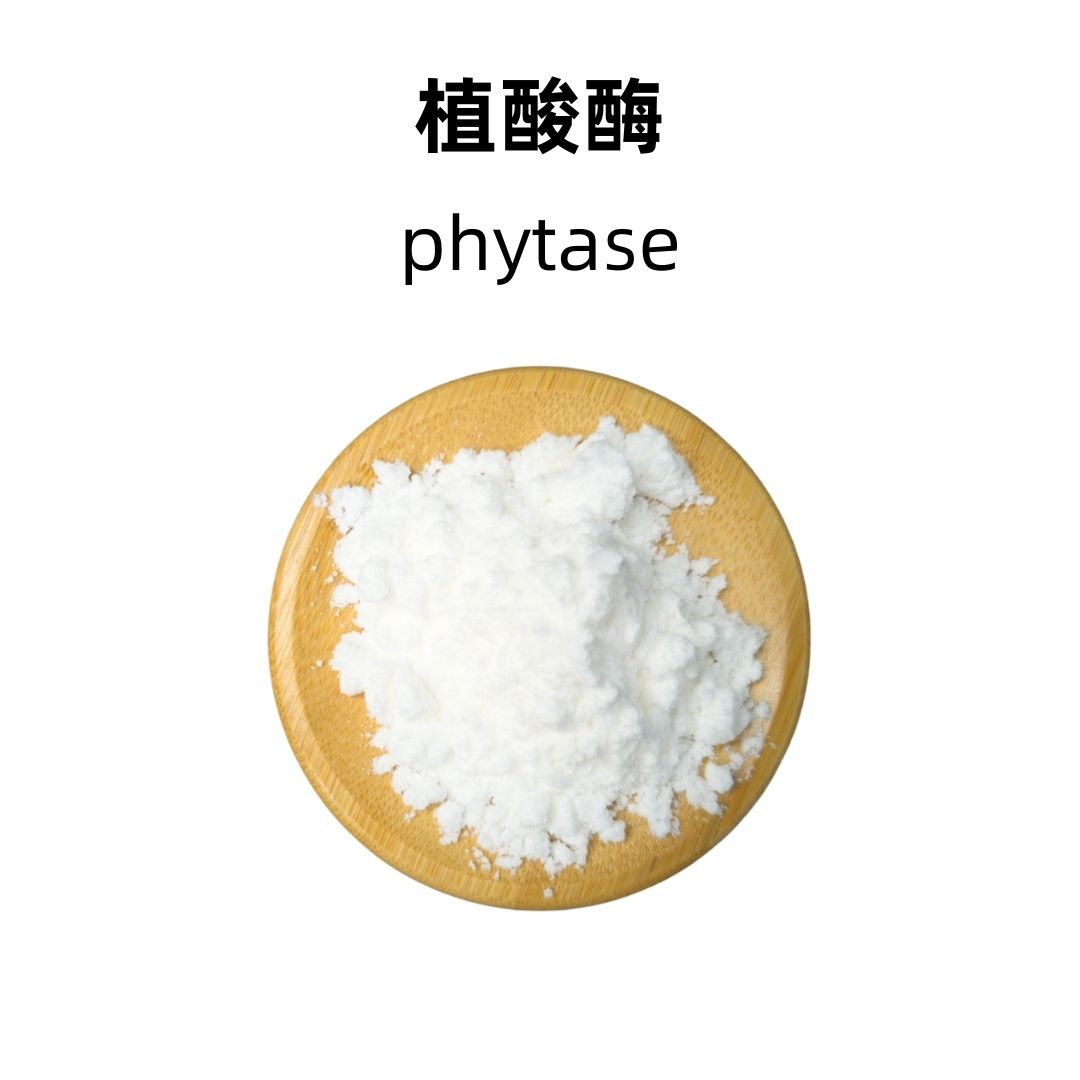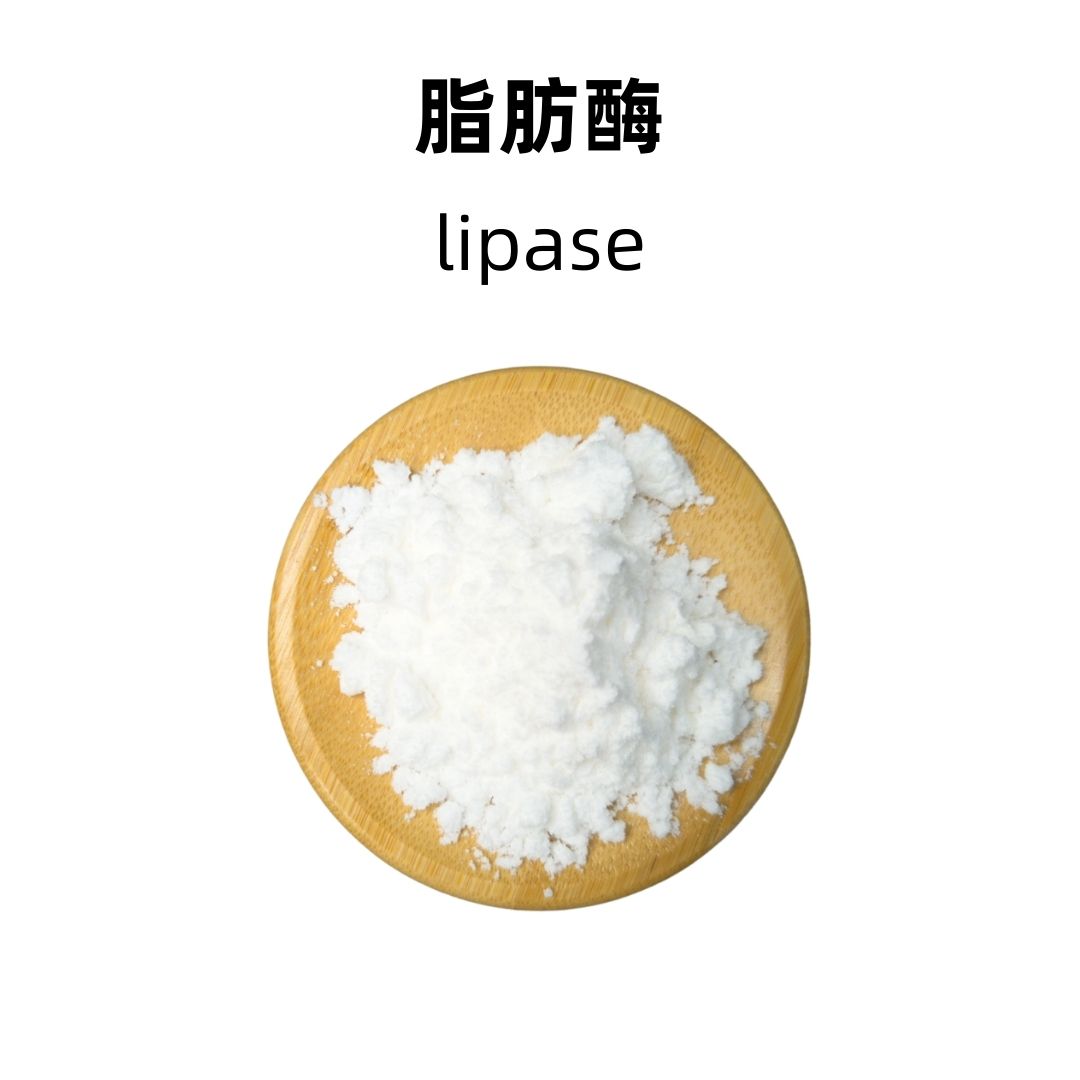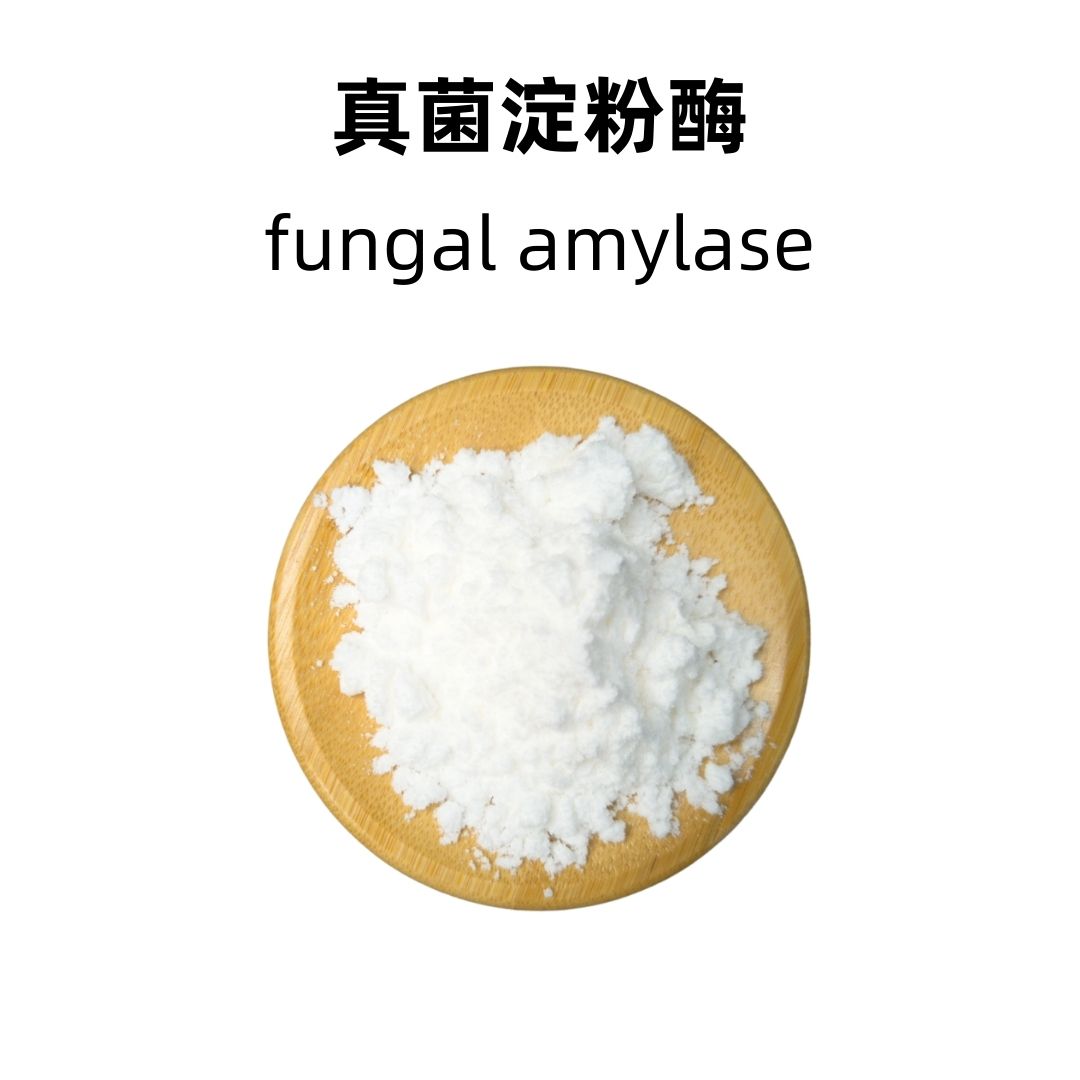Product Introduction
Maltotetraose hydrolase is an enzyme that plays a crucial role in breaking down maltotetraose, a type of oligosaccharide. It is primarily sourced from microbial organisms and is known for its effectiveness in catalyzing the hydrolysis of maltotetraose into glucose and maltose. This enzymatic action is essential for various applications in different industries, making maltotetraose hydrolase an important product in the field of biochemistry and food technology.
Production Process
The production of maltotetraose hydrolase involves fermentation using selected microbial strains. These strains are cultured under controlled conditions to produce the enzyme in higher yields. After fermentation, the enzyme is extracted and purified through processes such as centrifugation and filtration. The final product is then concentrated, ensuring its enzymatic activity is preserved for optimal performance in applications.
Effects and Functions
Maltotetraose hydrolase effectively breaks down maltotetraose, facilitating the conversion of complex carbohydrates into simpler sugars. This enzymatic breakdown can lead to improved sweetness and flavor in food products, making it valuable in the food industry. The enzyme also enhances digestibility and bioavailability of carbohydrates, promoting better nutritional outcomes in processed foods. Overall, maltotetraose hydrolase contributes significantly to carbohydrate metabolism in various applications.
Application Scenarios
Maltotetraose hydrolase is widely used in food and beverage production, particularly in brewing, where it aids in converting starches into fermentable sugars. It can also find application in the production of syrups and sweeteners, improving sweetness profiles and functionality. Additionally, the enzyme is utilized in the processing of dietary supplements and functional foods, where it can enhance carbohydrate efficiency and nutritional absorption. Other applications include the starch industry, where it contributes to the modification of starches for various food products.
Packaging and Storage
Storage Conditions: The product should be sealed, protected from light, kept away from high temperatures, and stored in a dry, cool, and well-ventilated place.
Packaging: Bulk: 25 kg per fiber drum. Sample: 1 kg per aluminum foil bag. Custom packaging is available upon request.
Shipping Methods: FedEx, DHL, dedicated logistics, and sea freight consolidation.
Shelf Life: Two years.
Monica Sun possesses extensive technical expertise and market insights in the food additives industry. She excels in designing efficient and safe additive formulations tailored to various food applications, ranging from sweeteners to functional dietary fibers. Monica has successfully assisted food manufacturers in optimizing ingredient combinations to enhance product quality and improve consumer satisfaction.









